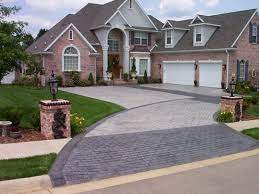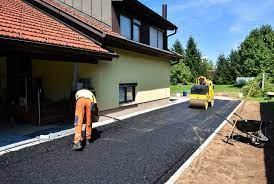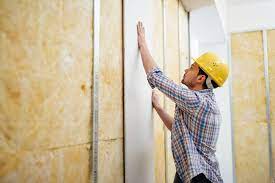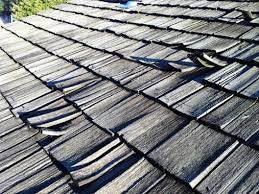DIY vs. Professional Sump Pump Installation: Which Option is Right for You?

Sump pumps are crucial for preventing flooding and excessive groundwater from causing water damage to crawl spaces and basements. If you’re thinking about installing a sump pump, you might be debating whether to do it yourself or hire a pro. Despite the potential cost savings of a DIY sump pump installation, it’s important to comprehend the complexity of the task and assess your knowledge and abilities. In order to help you make an informed decision that best meets your needs, we will examine the factors to take into account when choosing between DIY and professional sump pump installation in this article.
1. Skill and Experience:
To ensure proper installation and functionality, sump pump installation calls for a certain level of skill and experience. For those who have experience in construction or plumbing and a thorough understanding of electrical wiring, DIY installation may be appropriate. DIY installation might be an option if you have the required skills and have successfully completed similar tasks in the past. However, it’s advised to seek professional assistance to avoid potential mistakes and ensure optimal performance if you lack experience in these areas or feel uncertain about the technical aspects of sump pump installation.
2. Electrical Considerations:
Sump pumps need electrical connections to function properly, so keep that in mind. Only those with thorough knowledge of electrical systems and local electrical codes should attempt DIY installation involving electrical work. Damage to the sump pump, electrical risks, and even fire risks can result from improper wiring. Professional installers ensure that the sump pump is safely and correctly wired because they are knowledgeable about electrical requirements. The peace of mind that comes with hiring a professional outweighs any potential electrical risks brought on by improper installation.
3. Expertise in Basement Water Management:
Qualified installers are knowledgeable and experienced in basement water management. Based on elements like water table levels, soil conditions, and the presence of existing drainage systems, they can evaluate the special features of your basement or crawl space and suggest the best sump pump system. They have the knowledge to make sure the sump pump is installed in the best possible location and is the right size to effectively handle water infiltration and prevent basement flooding. This level of expertise may not be present in DIY installations, resulting in subpar performance and possible water damage risks.
4. Building Regulations and Permits:
These factors could be relevant when installing sump pumps. To ensure the safety and legality of your installation, compliance with local laws and building codes is essential. Professional installers can navigate the permit process on your behalf and ensure that your sump pump installation complies with all regulations because they are familiar with these codes. Homeowners without prior knowledge may find it time-consuming and overwhelming to conduct extensive research on local building codes, permits, and inspection procedures for DIY installations.
5. Warranty and Guarantees:
Skilled sump pump installers frequently provide warranties and guarantees for both their work and the actual sump pump. This gives you more security and peace of mind because any problems or malfunctions that might occur soon after installation can be fixed without adding to your expenses. Homeowners may be responsible for any repairs or replacements required as a result of installation mistakes or defective equipment when performing DIY installations because they may not be covered by the same level of warranty and guarantees.
6. Time and Effort:
Installing a sump pump can take a lot of time and effort, especially if you’ve never done it before. DIY installation requires assembling the required tools, supplies, and equipment, comprehending the installation guidelines, and setting aside the necessary time and energy to finish the project. To ensure the installation is completed correctly and effectively, it is crucial to realistically assess your availability and commitment. Employing a pro not only saves you time and effort, but also guarantees that the installation is finished in a timely manner.
7. Cost Considerations:
When choosing between DIY and professional sump pump installation New Hope, cost is a key consideration for many homeowners. DIY installation may appear more economical at first because labor costs are cut. However, it’s critical to take into account the costs and risks that could result from mistakes or poor installation. Professional installers have the skills and knowledge to finish the installation correctly the first time, reducing the possibility of expensive errors. Furthermore, expert installers frequently have access to high-quality products and can provide sump pumps at competitive prices, ensuring you get a dependable and effective system for your budget.
Conclusion:
Sump pump installation options should be carefully considered in light of your knowledge, experience, and available funds. While DIY installation may be appropriate for those with the necessary skills and experience, it’s important to consider the challenges involved, such as meeting electrical requirements and building code compliance. A professional sump pump installer can provide advantages like specialized knowledge, adherence to rules, warranties, and guaranteed work. A reputable company in the field, Basement Medics offers expert sump pump installation services catered to your unique requirements, ensuring a dependable and efficient solution for basement water management. Prioritize your sump pump’s installation to protect your basement from potential water damage and to ensure long-term peace of mind, whether you choose to do it yourself or hire professionals, learn more here.






